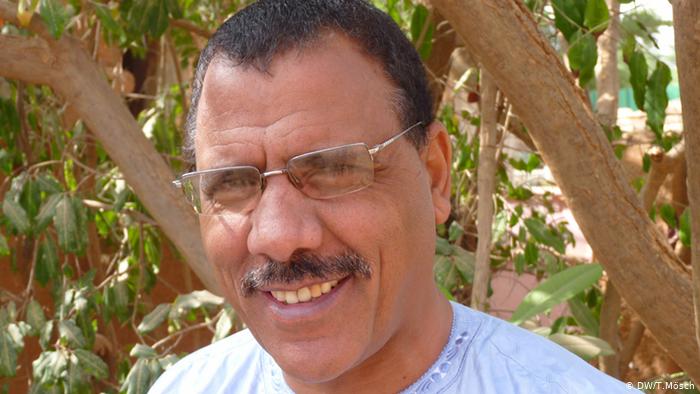Nobel laureates call for release of Niger’s ousted President Bazoum
A group of around 30 prominent Nobel Laureates, including Nobel Prize winners Denis Mukwege and Wole Soyinka, have called for the release of Niger’s former president Mohamed Bazoum, who has been held captive since a military coup in July 2023. In an open letter published in the French newspaper Le Monde, the signatories appealed to […]

Mohamed Bazoum
A group of around 30 prominent Nobel Laureates, including Nobel Prize winners Denis Mukwege and Wole Soyinka, have called for the release of Niger’s former president Mohamed Bazoum, who has been held captive since a military coup in July 2023.
In an open letter published in the French newspaper Le Monde, the signatories appealed to the military leadership that overthrew Bazoum, urging them to free the democratically elected leader. The group highlighted the severe conditions under which Bazoum and his wife, Hadiza, are being detained, describing their situation as “arbitrary” and noting they are under strict surveillance with limited communication.
Led by General Abdourahamane Tiani, the military junta that seized power accused Bazoum of treason, financing terrorism, and plotting against the state.
However, the signatories, which also included Cameroonian author Achille Mbembe, argued that these charges were part of a broader campaign to punish Bazoum for his staunch defence of democracy and his efforts to fight corruption and public fund mismanagement.
- Reps engage Sultan, Shehu of Borno, others on Tsangaya education reforms, out-of- school children
- Onaiyekan flays Tinubu’s reforms, says middle-class becoming poor
Since the coup, Bazoum has refused to resign and remains under house arrest in the presidential palace.
Niger, which gained independence from France in 1960, has a history of political instability, with five successful coups and two failed attempts. The military cited worsening security as the reason for their takeover, although instability continues. According to the Armed Conflict Location and Event Data Project (ACLED), around 1,500 civilians and soldiers have died in jihadist attacks in the past year, compared to 650 deaths in the year prior when Bazoum was in power. (NEWSCENTRAL)
